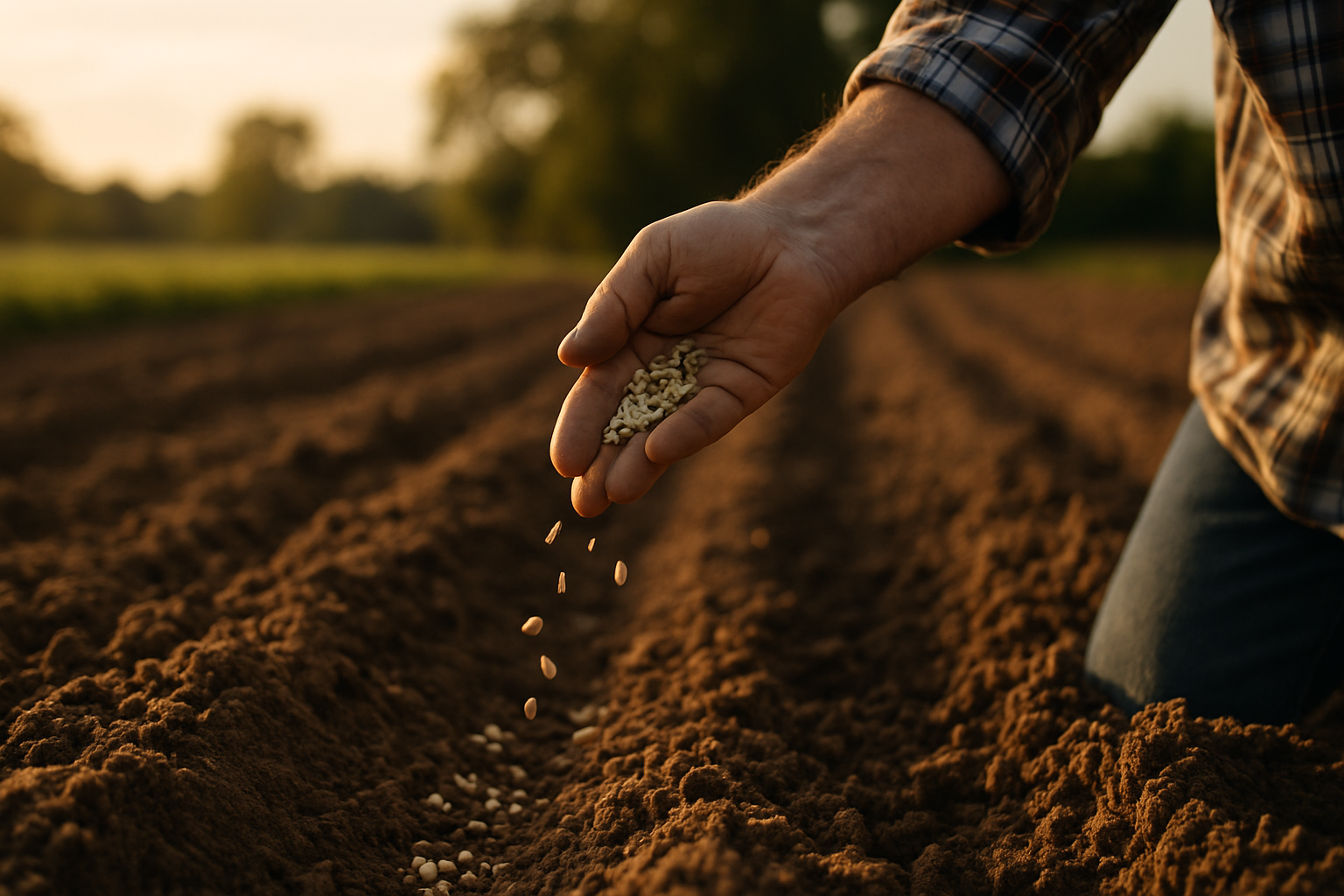The phrase “you reap what you sow” comes straight from the Bible and is a simple, but powerful truth. It means the choices we make today bring results tomorrow. If we plant good seeds, we harvest blessings. If we plant bad seeds, the results will not be good. This idea shows up in farming, life decisions, and even our spiritual walk.
Biblical Foundation
Paul writes clearly about this principle in Galatians:
“Do not be deceived: God is not mocked, for whatever one sows, that will he also reap.” — Galatians 6:7
Here, Paul warns believers that actions have consequences. Just as a farmer cannot plant thorns and expect wheat, we cannot live in sin and expect a life full of peace.
Other verses echo the same message:
“Whoever sows injustice will reap calamity, and the rod of his fury will fail.” — Proverbs 22:8
“The point is this: whoever sows sparingly will also reap sparingly, and whoever sows bountifully will also reap bountifully.” — 2 Corinthians 9:6
Everyday Application
This principle applies far beyond the fields of ancient Israel. The way we treat people, handle money, and honor God all produce fruit. For example:
- Kindness often leads to trust and deeper relationships.
- Dishonesty usually leads to broken trust.
- Giving with a cheerful heart leads to joy, both for the giver and receiver.
Jesus Himself taught this truth when He spoke of sowing seeds in the parable of the sower.
“A sower went out to sow. And as he sowed, some seeds fell along the path, and the birds came and devoured them...” — Matthew 13:3–4
Spiritual Impact
The Bible makes it clear that sowing to the flesh and sowing to the Spirit lead to very different outcomes:
“For the one who sows to his own flesh will from the flesh reap corruption, but the one who sows to the Spirit will from the Spirit reap eternal life.” — Galatians 6:8
This is not only about life on earth but also eternity. Choosing sin leads to ruin. Choosing God leads to life everlasting.
Examples in Scripture
- Jacob deceived his father and later was deceived by Laban (Genesis 27; 29).
- Haman built gallows for Mordecai, but was later hanged on them himself (Esther 7:10).
- David sowed sin with Bathsheba, and though forgiven, he faced painful family consequences (2 Samuel 12).
Table: Sowing and Reaping in Life
| What You Sow | What You Reap |
|---|---|
| Love and kindness | Strong relationships, joy |
| Patience and faith | Peace and answered prayers |
| Sin and selfishness | Trouble, regret, separation |
| Generosity | Blessing, both spiritual and physical |
| Truth and honesty | Trust, respect, stability |
Encouragement to Keep Sowing Good Seeds
Sometimes it feels like doing the right thing doesn’t matter. But Paul reminds us:
“And let us not grow weary of doing good, for in due season we will reap, if we do not give up.” — Galatians 6:9
God sees every seed planted, even if the harvest takes time. The call for believers is to keep sowing faith, kindness, and obedience, trusting that God will bring the harvest.
























